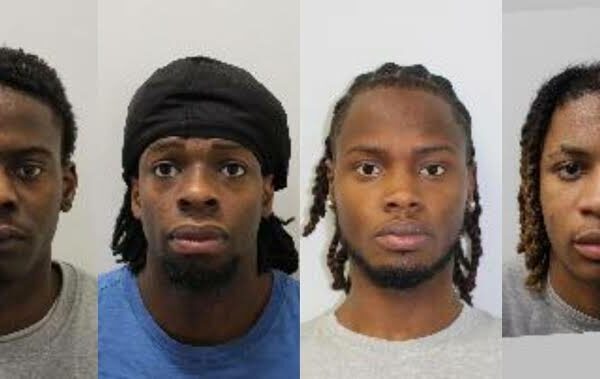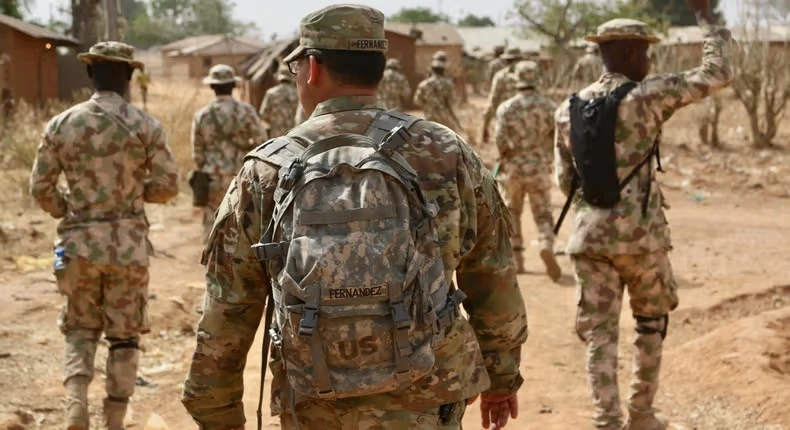
Four Nigerians Among Ten Given Jail Terms For London Phone Store Robbery
Four Nigerians and six other accomplices involved in a violent phone robbery gang that targeted mobile phone stores across London have been sentenced to a combined total of 55 years in prison, the Metropolitan Police have confirmed. The Nigerians—David Akintola, Ayomide Olaribiro, Olabiyi Obasa, and David Okewole—were identified as key members of the organised group responsible for 13 coordinated raids between September and November 2024, mostly targeting EE stores across the UK. The gang used threats of violence to force staff to open secure stock rooms, stealing high-value mobile phones and electronics worth approximately £240,000. Police said forensic and digital evidence played a crucial role in bringing the gang to justice. “Officers linked the suspects to multiple crime scenes through DNA, call data, and vehicle records. Surveillance caught the group preparing for further offences, and on November 19, 2024, four men were arrested during a robbery at an EE shop in Kilburn,” the Metropolitan Police said. Searches of addresses connected to the suspects recovered stolen items and further evidence linking them to the crimes. All ten suspects were charged, with eight pleading guilty to conspiracy to rob on January 30, 2025. After months of trial proceedings at Kingston Crown Court, sentences were handed down on Friday, November 7. The jail terms were detailed as follows: James Adodo, 10 years David Akintola, six years and six months Michael Babo, six years and 10 months Robert Hills, five years and three months Ayomide Olaribiro, four years and six months Nelson Joel, three years and three months Olabiyi Obasa, three years and six months David Okewole, seven years and six months Two others received lighter sentences for attempted robbery: Laville Bloise, two years, suspended for two years Mushtakim Miah, eight years and six months The Metropolitan Police noted that the lengthy jail terms reflect the violent nature of the gang’s activities and the threat they posed to both businesses and the public.

